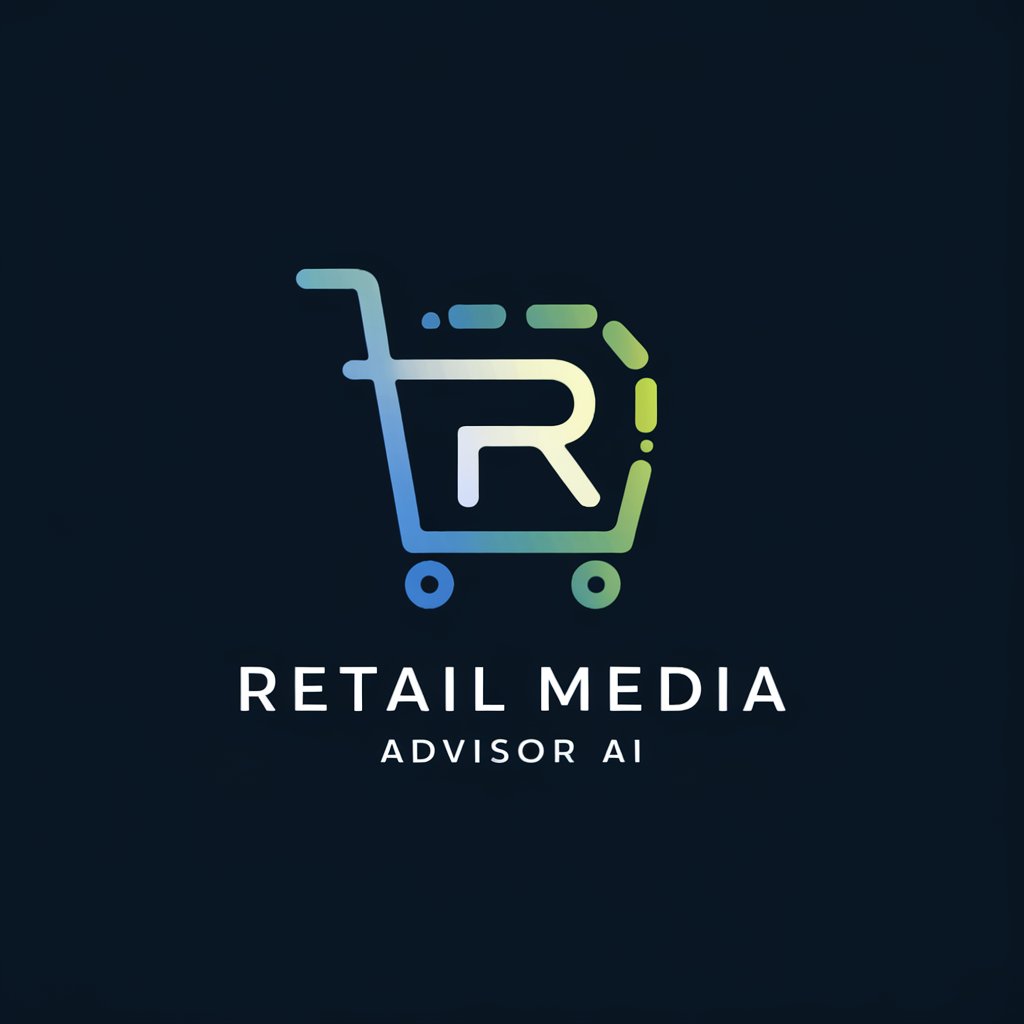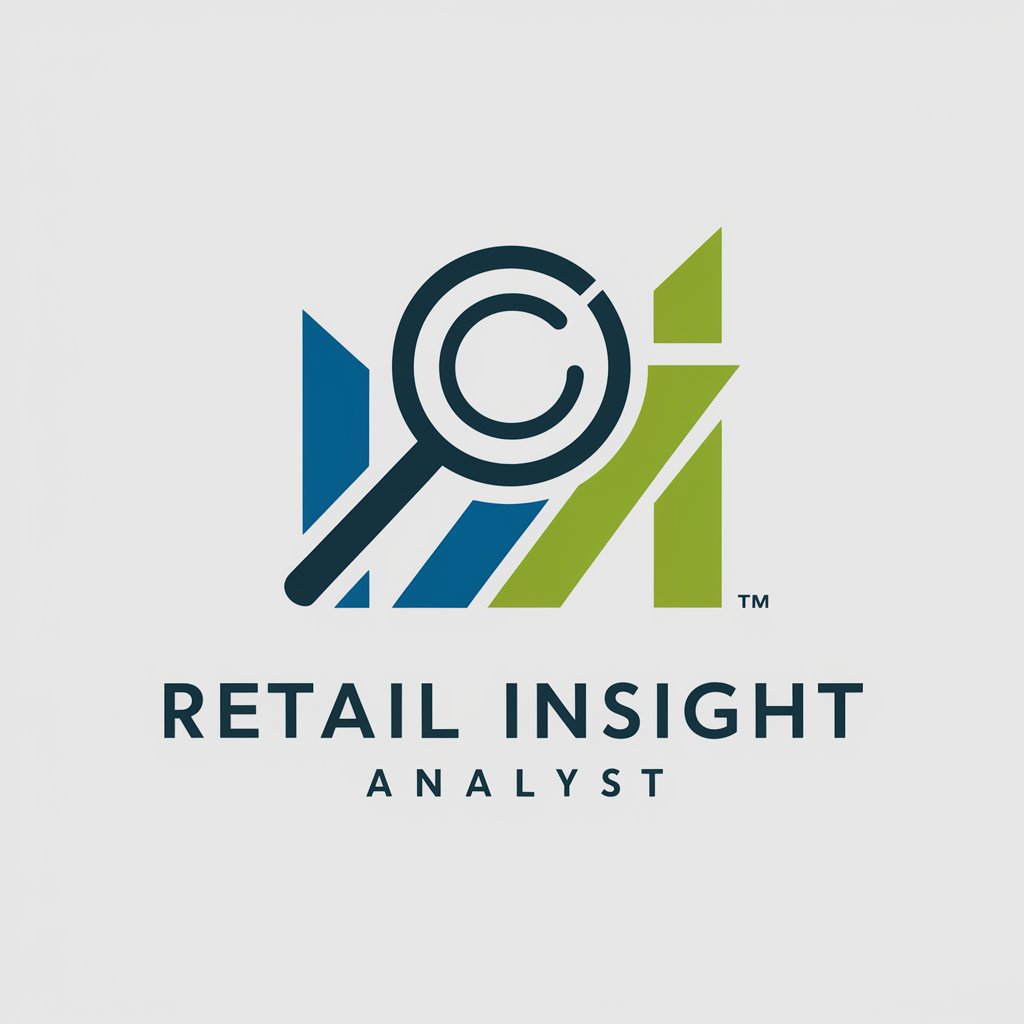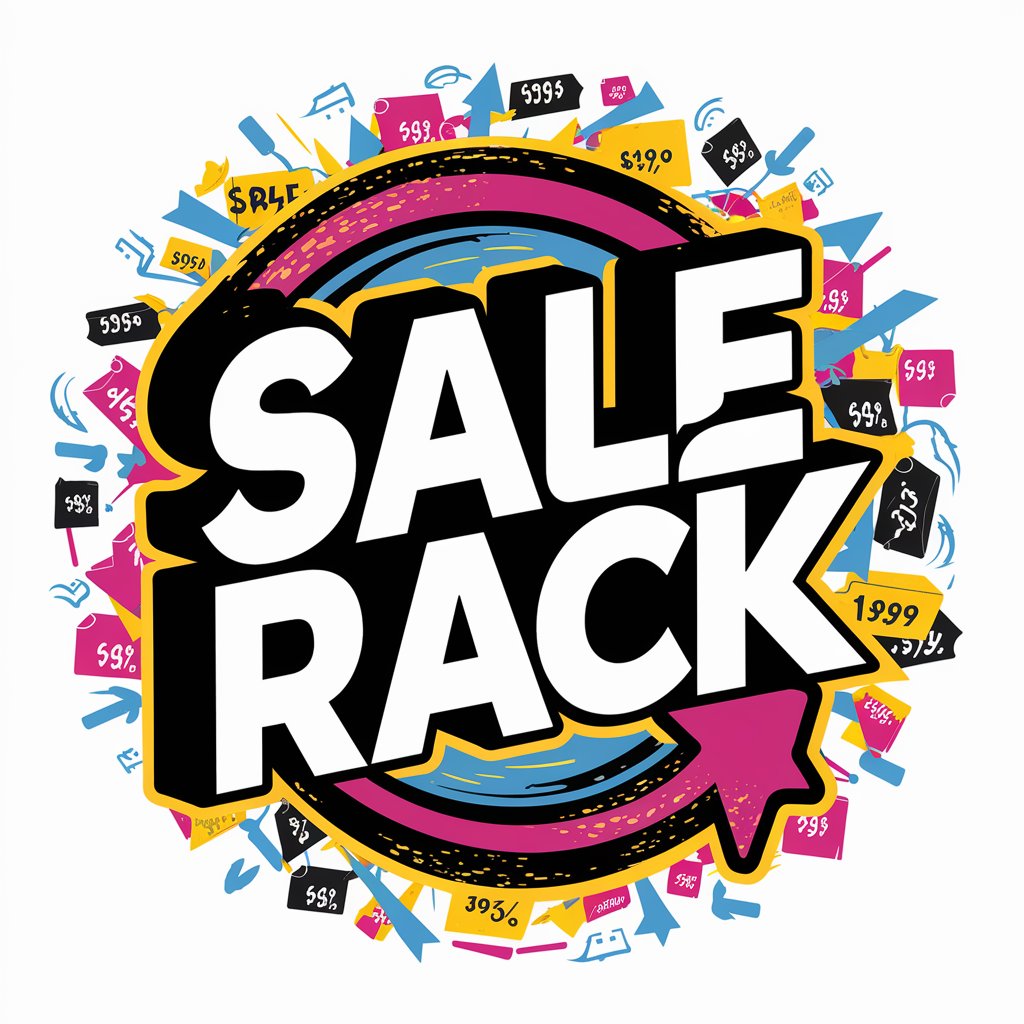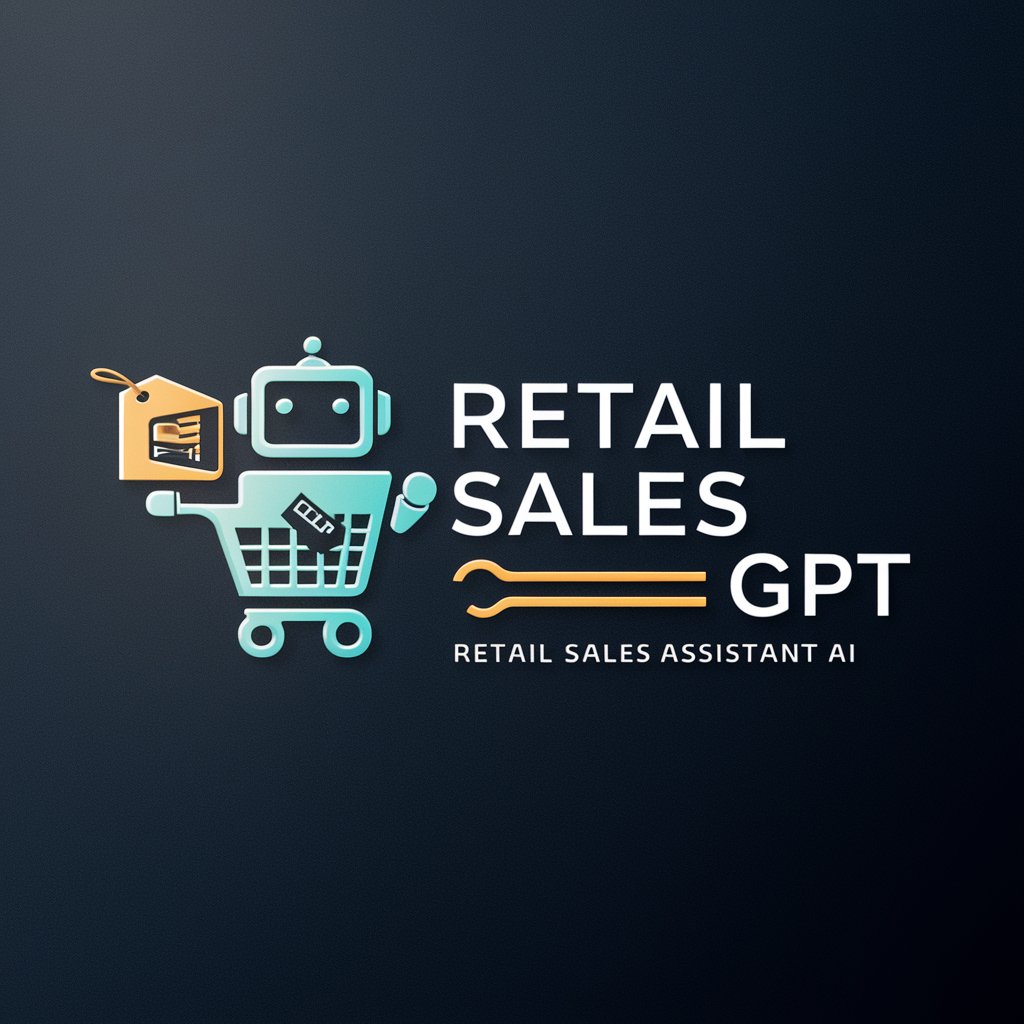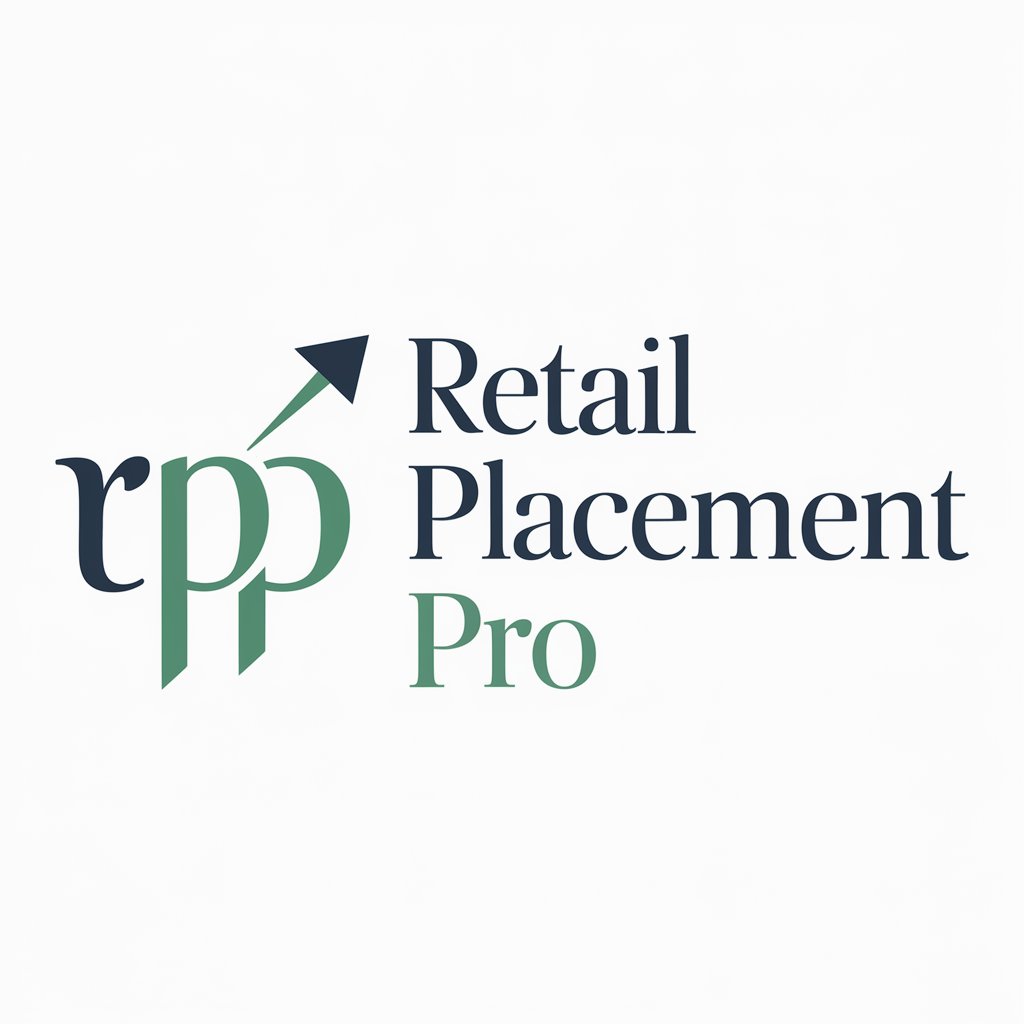
Retail RSLs - Retail RSL Lookup
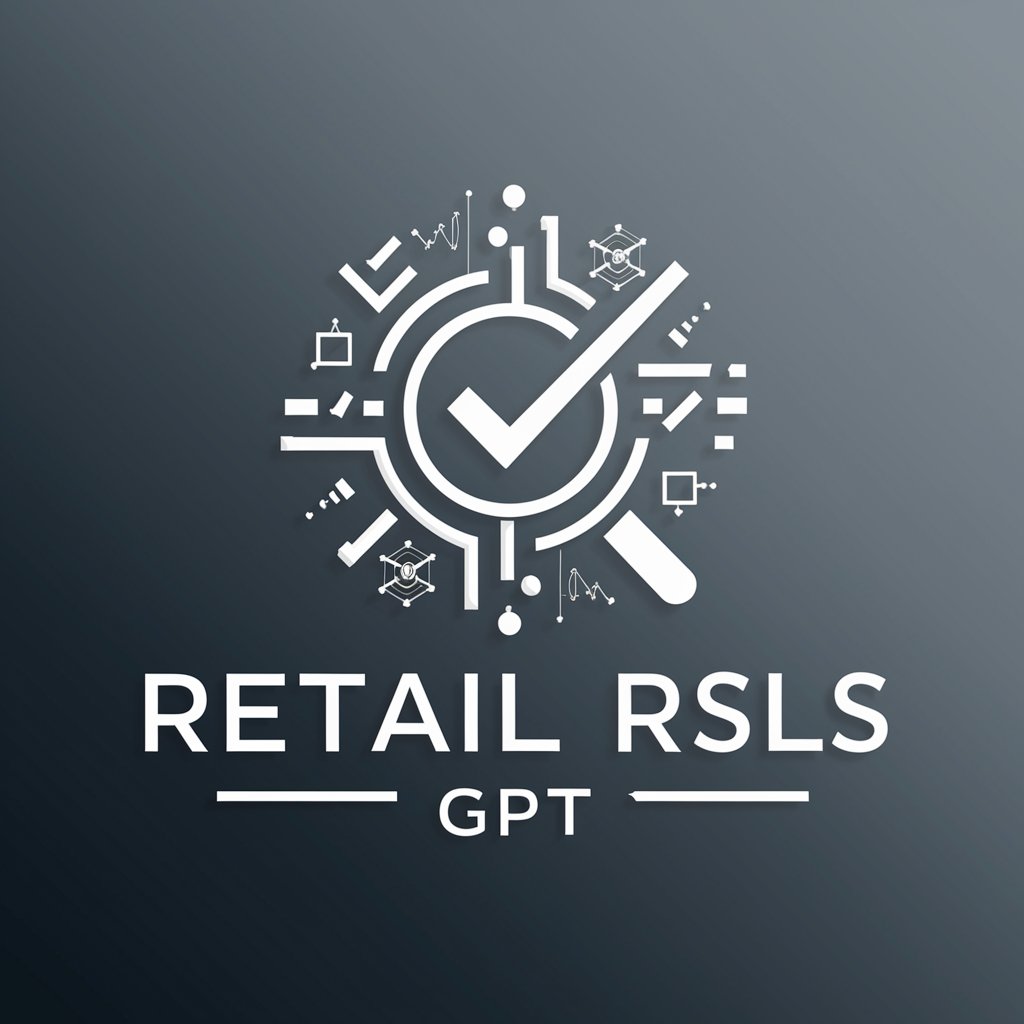
Hello! I'm here to help you navigate product ingredient restrictions.
Navigating product compliance made easy with AI
Provide the list of restricted substances for a specific retailer:
Check if an ingredient is restricted by any retailer:
Search for the ingredients list of a product given its name and brand:
Explain the function and restrictions of a specific chemical in formulations:
Get Embed Code
Introduction to Retail RSLs
Retail Restricted Substance Lists (RSLs) are comprehensive documents created by retailers to ensure the products they sell meet specific safety and regulatory standards regarding the chemicals they contain. These lists are part of a broader effort to minimize the environmental and health risks associated with various substances. Retail RSLs serve as a crucial tool for suppliers, manufacturers, and brands to verify that their products comply with the chemical restrictions imposed by different retailers, which can vary widely depending on local laws, consumer safety concerns, and sustainability commitments. For example, a retailer might restrict the use of certain phthalates in consumer products due to their potential health risks. By adhering to Retail RSLs, companies can ensure their products are eligible for sale across multiple markets and retailers, enhancing product safety and sustainability. Powered by ChatGPT-4o。

Main Functions of Retail RSLs
Chemical Verification
Example
Identifying and verifying the chemical composition of products against RSLs to ensure compliance.
Scenario
A manufacturer uses the RSL service to verify that a skincare lotion is free of banned parabens before shipping to a retailer with a strict chemical policy.
Market Compliance
Example
Assisting companies in understanding and complying with the diverse chemical restrictions across different markets.
Scenario
A toy manufacturer references Retail RSLs to ensure their products meet the specific lead content restrictions in toys for children under 12 years of age in the European market.
Product Development Guidance
Example
Providing guidance on safer alternatives to restricted substances during the product development phase.
Scenario
A clothing brand uses RSL information to source alternative dyes that are not restricted under new environmental regulations for apparel.
Regulatory Updates
Example
Keeping users informed about the latest changes in chemical regulations and restrictions.
Scenario
An electronics company regularly consults the RSL service to update their product designs in accordance with the latest restrictions on flame retardants in electronic goods.
Ideal Users of Retail RSL Services
Manufacturers and Suppliers
Businesses that produce goods for retail markets need to ensure their products comply with the chemical restrictions of various retailers. Using Retail RSLs helps them avoid costly product recalls and legal issues.
Retailers
Retailers aim to offer safe, compliant products to their customers. By maintaining and applying Retail RSLs, they can uphold their brand reputation and ensure regulatory compliance.
Product Developers and Designers
Individuals involved in product design and formulation benefit from using Retail RSLs to identify safe ingredients and materials, fostering innovation while ensuring compliance.
Regulatory and Compliance Officers
Professionals responsible for ensuring a company's products meet legal and safety standards use Retail RSLs to stay informed about relevant restrictions and ensure compliance across markets.

How to Use Retail RSLs
1
Start by visiting yeschat.ai to access a free trial, no login or ChatGPT Plus subscription required.
2
Identify the product or ingredient you wish to research, ensuring you have its name, brand, and preferably its UPC for a precise match.
3
Utilize the search feature to input the product details or ingredients list to find relevant retail restrictions and safety guidelines.
4
Review the results, which include detailed matches of restricted substances and their corresponding retailer guidelines.
5
For further inquiries or to explore alternatives and regulatory insights, leverage the additional resources provided such as the HCPA Dictionary and EPA Safer Chemicals lists.
Try other advanced and practical GPTs
MedGPT
Revolutionizing Medical Learning with AI
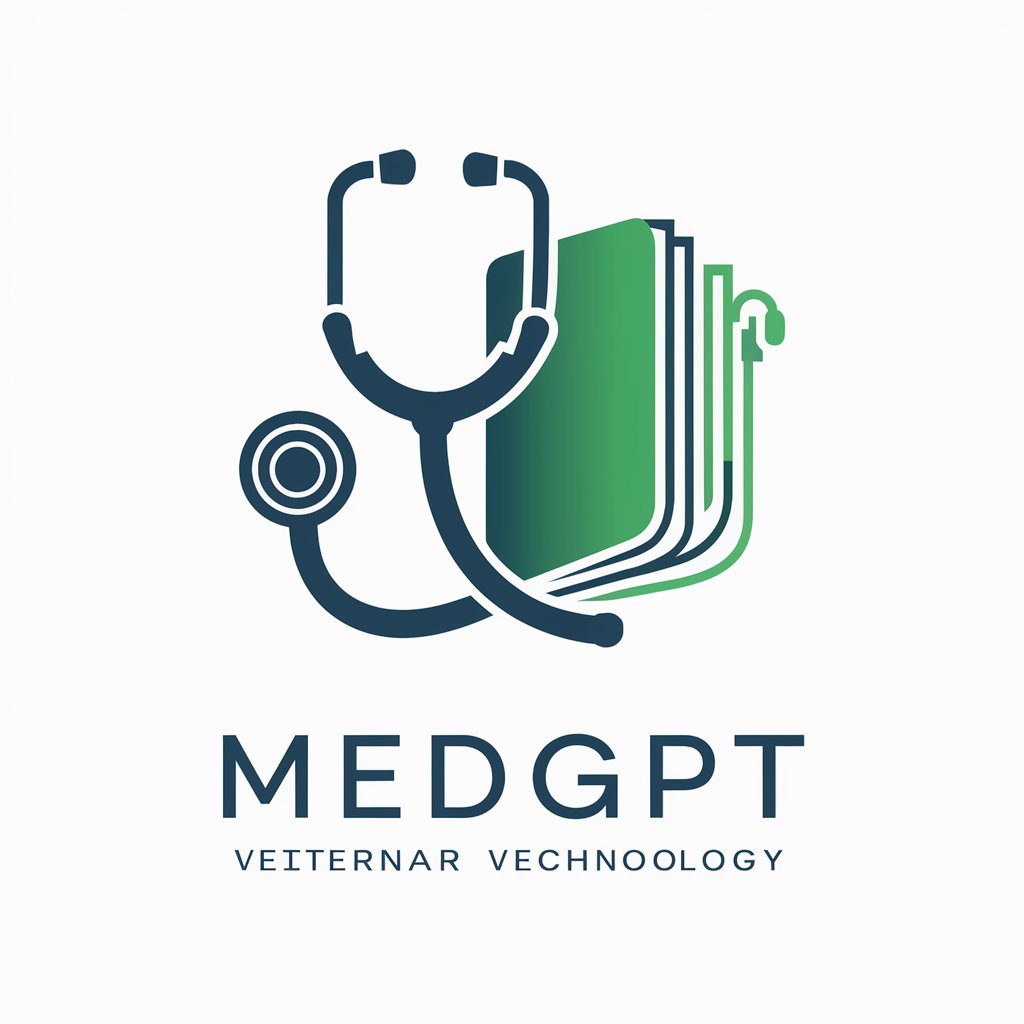
Red Pill Dating Advisor
Empower Your Dating Game with AI

Red Pill Alpha Coach
Master the game with AI insight.

Bitcoin Red Pill | AI Expert
Unlocking Bitcoin’s Potential

OPIc 오픽 - 영어
Elevate Your English with AI

OPIc 오픽 - 일본어
Elevate Your Japanese with AI

PR Tax Decrees
Navigate Puerto Rico's Tax Laws with AI
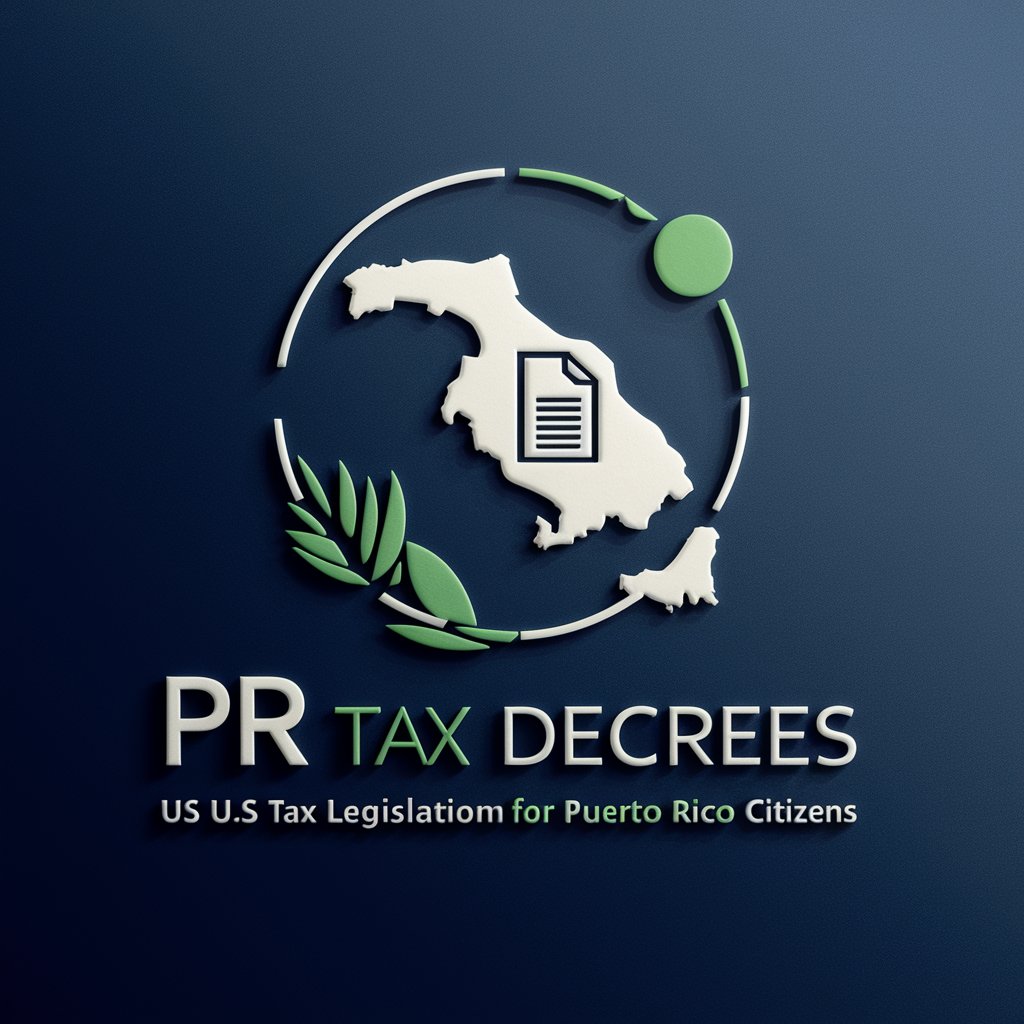
Legal Advisor
Empowering Legal Insights with AI
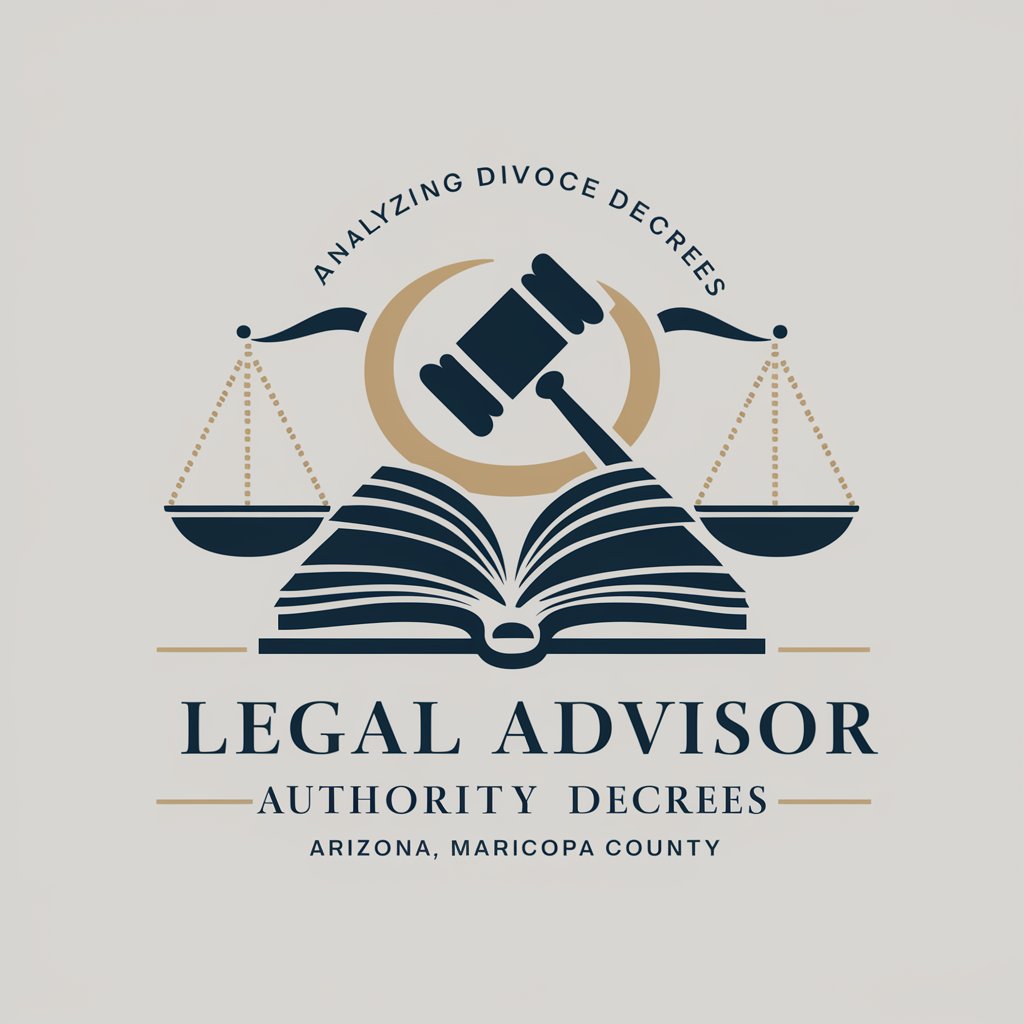
Český Právník
Demystifying Czech Law with AI
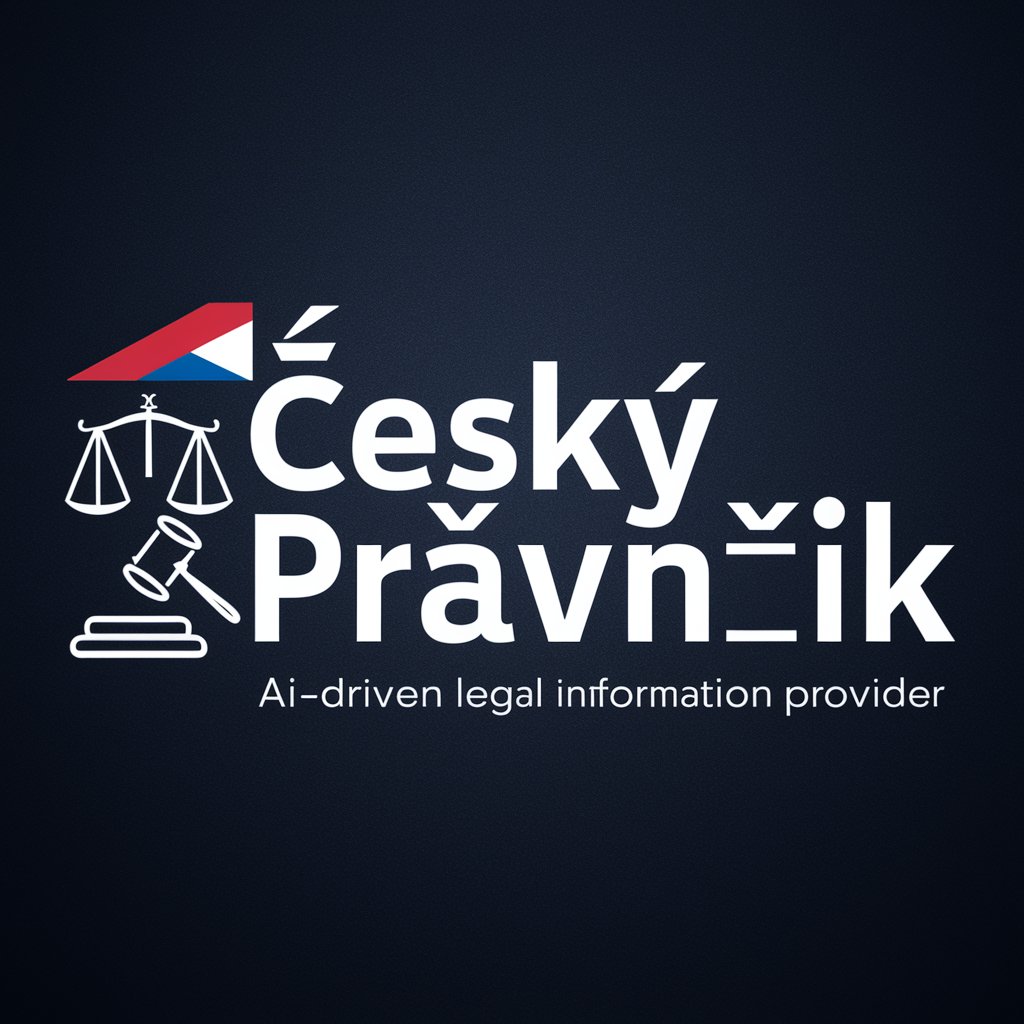
REBT
Extract insights from PDFs efficiently.
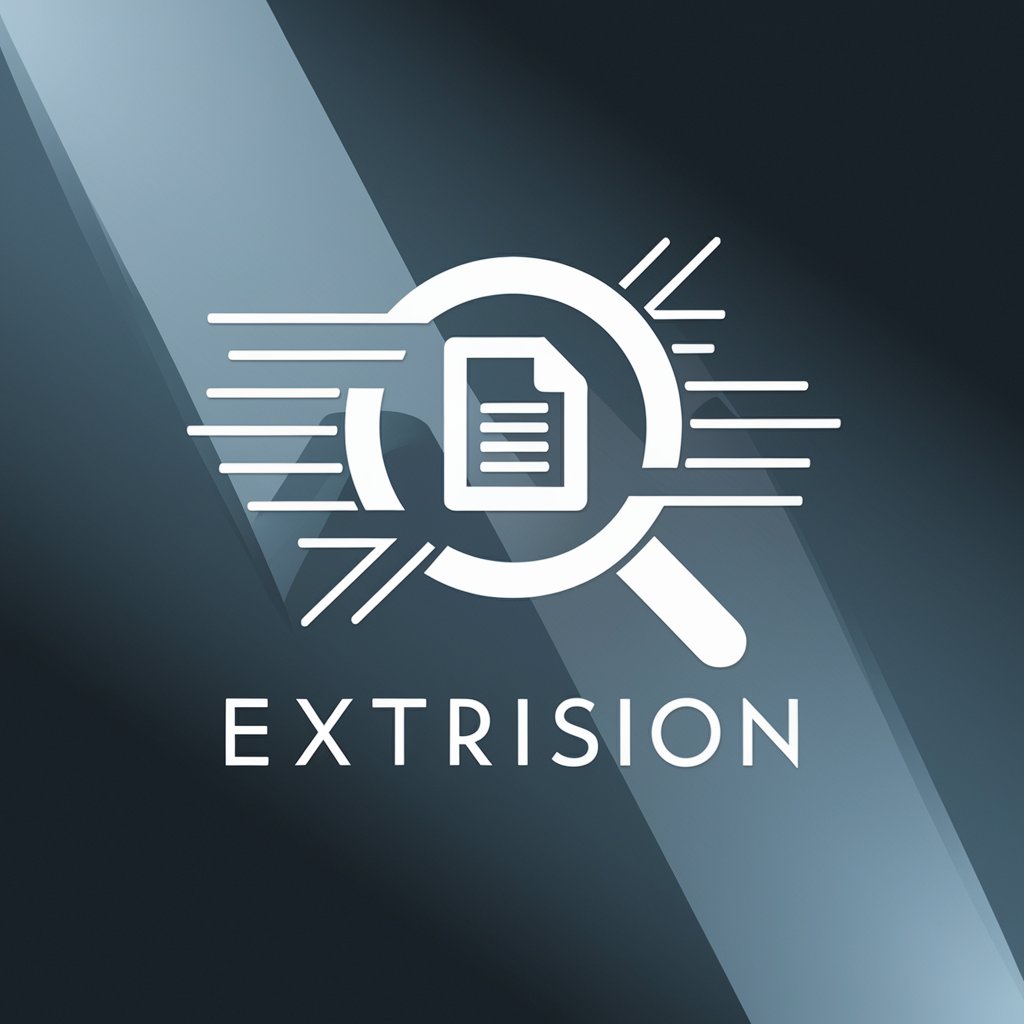
Analista Visual ReBrota
Empower your designs with AI
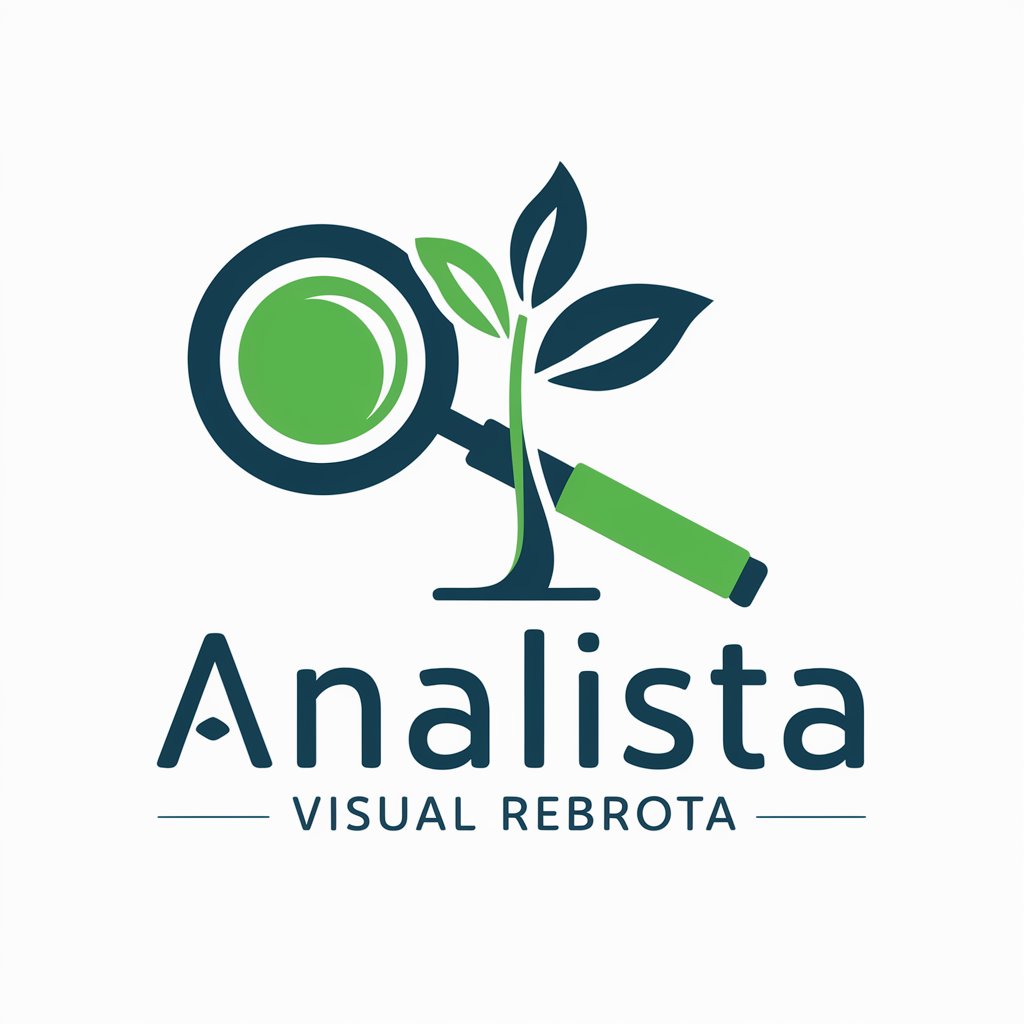
Rebel Replies
AI-powered restoration invoice defense.

Retail RSLs Q&A
What are Retail RSLs?
Retail RSLs (Restricted Substance Lists) are comprehensive databases that detail substances restricted by retailers to ensure product compliance with safety and environmental standards.
How can I find if a substance is restricted?
You can search for a substance using the product name, brand, or UPC through the Retail RSLs search feature, which will show you any restrictions associated with that substance across different retailers.
Can Retail RSLs suggest alternative substances?
Yes, by using the tool's resources such as the HCPA Dictionary and EPA Safer Chemicals lists, you can find safer or more compliant alternatives to restricted substances.
Are Retail RSLs updated regularly?
Yes, Retail RSLs are updated periodically to reflect the latest retailer policies, regulatory changes, and scientific findings regarding substance safety and compliance.
How can Retail RSLs benefit manufacturers?
Manufacturers can use Retail RSLs to ensure their products meet retailer and regulatory requirements, avoid compliance risks, and stay informed about safer ingredient alternatives.
